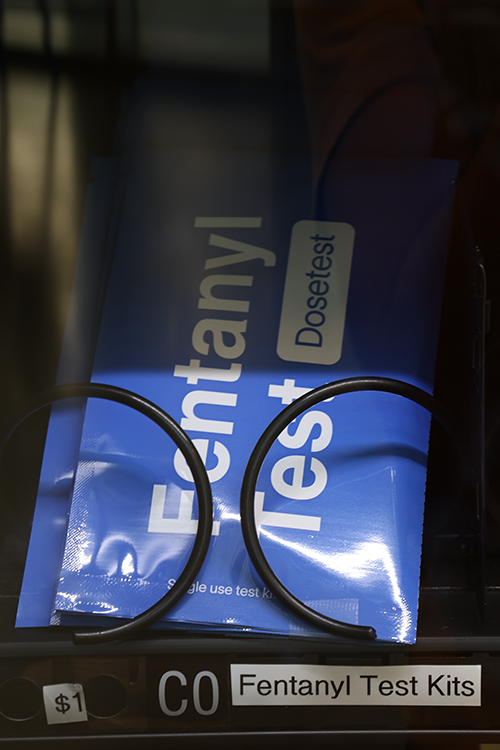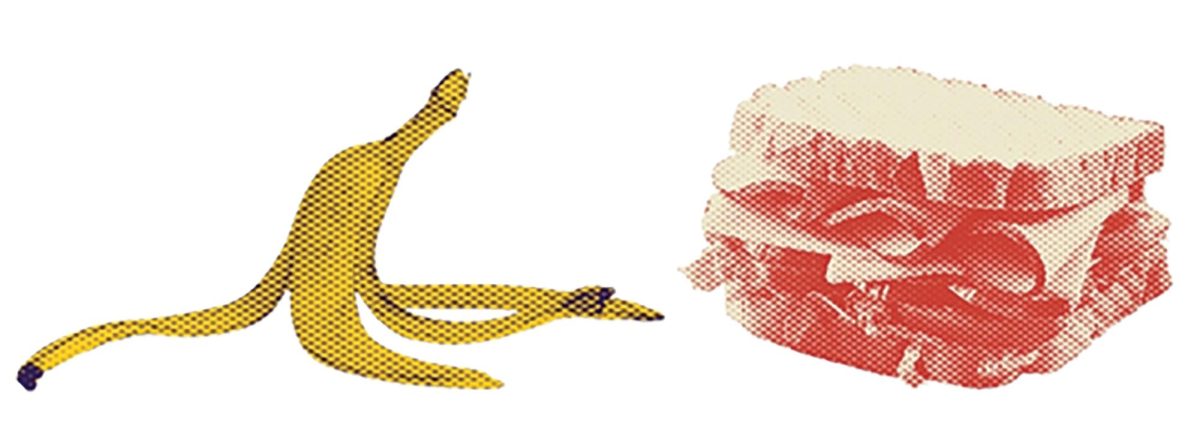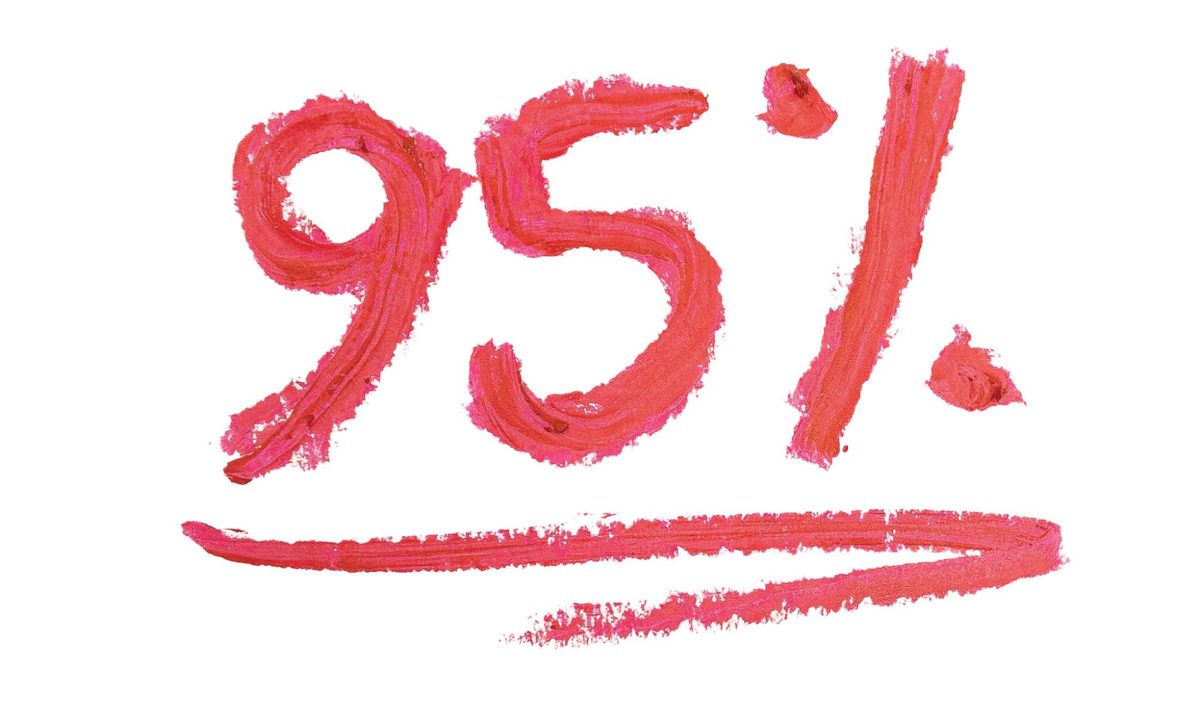Beginning of the year parties, rush week and kickbacks are around the corner, and although CSUN is a smoke free campus, most students may eventually come into contact with drugs and alcohol, so we’ve collected some tips and resources about how to keep yourself and others safe this party season.
For the past eight years, Dr. Silver has been a Staff Therapist at the University Counseling Services located on the fifth floor room 520 of Bayramian Hall. “We can meet for five, eight sessions to talk about whatever they want, but have a focus on decision-making and take a look at their values,” Silver says. He offers a confidential, non judgmental and non-punitive space. “I have information about potential risks and whatnot, but I also acknowledge that people use substances for a reason,” explains Silver.
Know Your Drinks
According to Silver, students should only take open drinks from a bartender to best prevent a spiked drink. If you have the option, most CSUN fraternities have canned drinks upon request which would be a safer and more controlled alternative. After you get your drink, don’t let go of it, it’s safer to get a new drink than return to one left unattended. Above all else, Silver emphasizes hydration as the most important when it comes to partying safely. “You know, drinking water throughout the evening, not trying to go all evening by drinking alcohol and energy drinks together, or coffee so you can stay up later,” Silver adds.
It depends on the Drug
Silver strongly suggests not taking drugs offered to you at a party, even if it’s from a friend. “I think people need to make their own decisions in terms of values and what risks they’re willing to take, because there always is a risk,” Silver warns. He neither condones nor condemns drug use, instead he informs his patients about the dangers of drugs to allow them to make decisions for themselves.
When it comes to cannabis, Silver advises students should know their limit and not try something for the first time in an unfamiliar environment. “Don’t eat an edible for the first time when you’re out at a crowded party. If you are going to experiment with that, maybe try it in a smaller social environment with some people you trust.”
Naloxone and Narcan
According to the Centers for Disease Control and Prevention, “Naloxone is a life-saving medication that can reverse an overdose from opiates – including heroin, fentanyl, and prescription medications – when given in time.” The most common form of naloxone comes as the nasal spray Narcan.
The Klotz Student Health Center offers free online Narcan training and will replace empty canisters with no questions asked. According to Silver, Narcan blocks dopamine receptors which reverses overdose effects, and is safe to use. “There’s no risk in administering to someone who is not having an opioid overdose,” says Silver.
Fentanyl Test Strips
Students can get free test strips in the Klotz Pharmacy as well as in Student Housing which sells test kits in the Community Center vending machines.
Resources
eCheckup To-Go – Confidential interactive websites that assess your drug and alcohol habits to provide personal feedback.
MATAspire – Substance Abuse and Mental Health Services Administration (SAMHSA) grant funded web/app research study launched in August. MATAspire uses daily prompts to teach coping skills and allow participants to assess where they are regarding substance use.
Matadors4Wellness Peer Health Educators – Students train to engage and educate the CSUN community on topics such as stress management, sexual and reproductive health, time management and alcohol and drug use. Campus clubs and organizations can request Peer Health Educator presentations on the Program Services tab of the Klotz Center website.
For all students interested in making an appointment with University Counseling Services, call (818) 677-2366. Additional resources can be found on their website.














